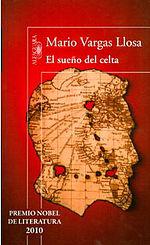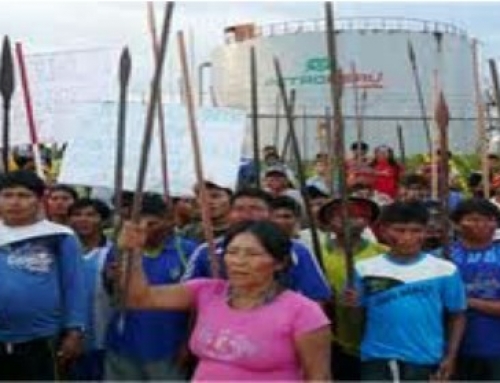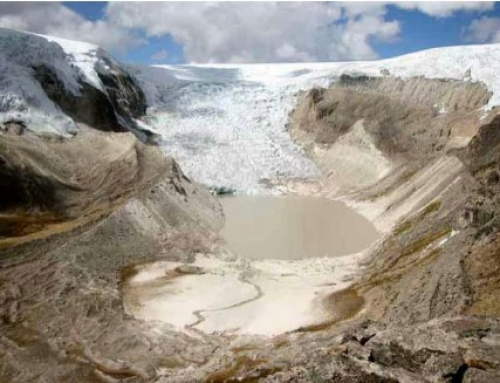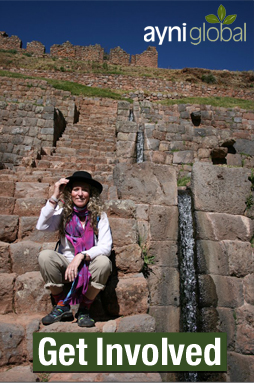What would Mario Vargas Llosa, the Peruvian Nobel prizewinner in literature, say about Ayniglobal? I would hope he would say that the nonprofit organization we created and what we are doing for indigenous people is noble and good.
Like his protagonist, Roger Casement, in The Dream of the Celt, my year with the Yupik Eskimos in 1967-68 and my years with the Q’ero since 2000 awakened in me a “more profound and transcendent” concern regarding the human condition. Like Casement, I was humanized. The native people of the Arctic and Andes, and Amazon jungles revealed to me those raw and basic things that make life real. And, this humanized awareness instilled in me a life long desire to protect and serve indigenous people and their lands.
 Llosa’s book describes a world in disintegration. Hundreds of thousands of native Africans in the Belgian Congo disappeared is less then twenty years. In the upper Amazon, there was never a count of the dead nor was there a measurement of damage to sensitive rainforest ecosystems, but tens of thousands died. Native people vanished. Stories, legends, and knowledge of plant medicine, were gone forever.
Llosa’s book describes a world in disintegration. Hundreds of thousands of native Africans in the Belgian Congo disappeared is less then twenty years. In the upper Amazon, there was never a count of the dead nor was there a measurement of damage to sensitive rainforest ecosystems, but tens of thousands died. Native people vanished. Stories, legends, and knowledge of plant medicine, were gone forever.



Leave A Comment